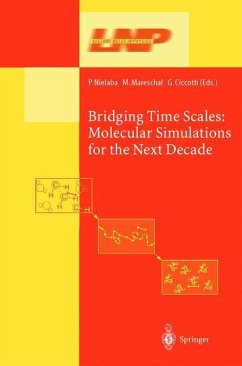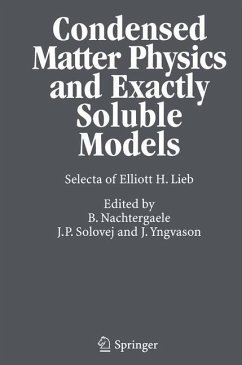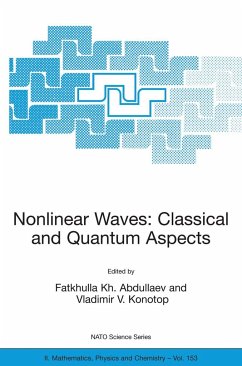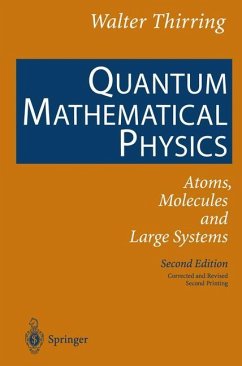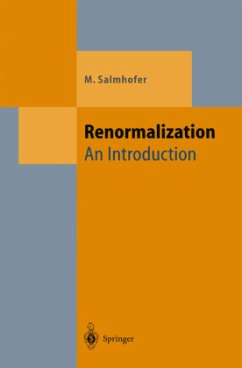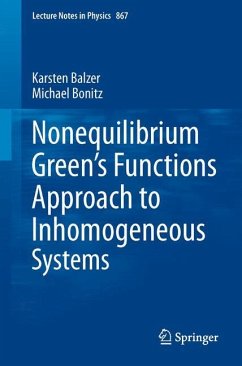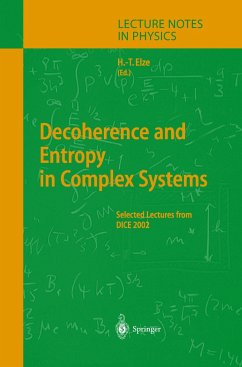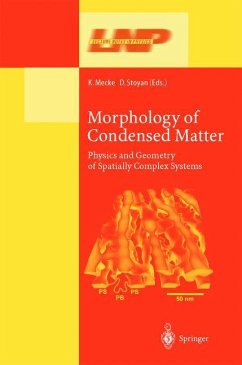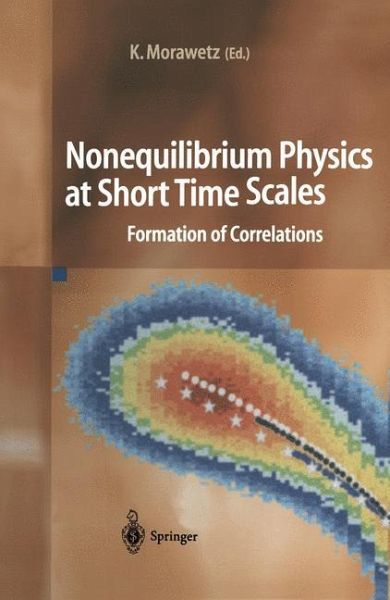
Nonequilibrium Physics at Short Time Scales
Formation of Correlations
Herausgegeben: Morawetz, Klaus

PAYBACK Punkte
58 °P sammeln!
This book is the result of the many discussions and collaborations that de veloped from the seven previous workshops held on this topic. This ongoing series of interdisciplinary workshops provided an opportunity for the presen tation and exchange of results describing nonequilibrium phenomena at short time scales. The important questions concern the correlation and memory ef fects in dense interacting systems currently under study in various areas of physics. Experiments on very short time scales are especially characterized by the strong correlations in systems far from equilibrium and by the...
This book is the result of the many discussions and collaborations that de veloped from the seven previous workshops held on this topic. This ongoing series of interdisciplinary workshops provided an opportunity for the presen tation and exchange of results describing nonequilibrium phenomena at short time scales. The important questions concern the correlation and memory ef fects in dense interacting systems currently under study in various areas of physics. Experiments on very short time scales are especially characterized by the strong correlations in systems far from equilibrium and by their non linear dynamics. In this regard, conventionally applied theoretical techniques are critically reviewed, and new theoretical concepts are discussed. Possible signals of nonequilibrium effects are extracted from experiments using power ful techniques and skills. The exchange of views and techniques from different areas of physics helped to stimulate such developments. The impressive success of experiments using short laser pulses to probe the properties of matter, as well as of the new methods of analysis of the early phases of heavy ion reactions, initiated a review of the available many body theoretical methods. These statistical methods describing strong nonequilib rium situations were known, at least partially, for a long time. However, recent developments in computing power have provided the possibility of accurately comparing ab initio and approximate methods.





